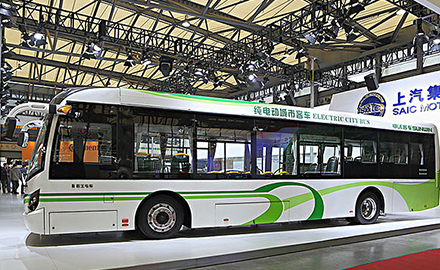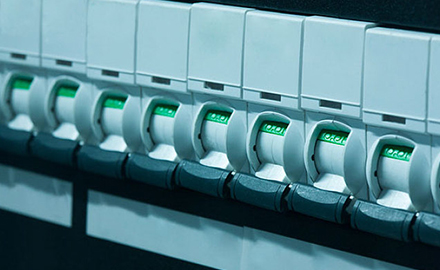With the continuous advancement of household appliance technology, washing machine products are not only pursuing energy efficiency, quietness, and durability, but also demanding higher requirements for structural materials. BMC washing machine uses BMC (Bulk Molding Compound) Bulk Molding Compound as the material for key components. With its excellent mechanical properties, electrical insulation, and environmental resistance, BMC is playing an increasingly important role in modern household appliance manufacturing.
Advantages of BMC Material
BMC is a thermosetting polymer composite material, composed of unsaturated polyester resin, glass fibers, fillers, and curing agents. It boasts good flow and molding properties, suitable for multiple forming processes such as injection molding and compression molding. BMC features high strength, excellent insulation, corrosion resistance, and outstanding flame retardant properties, making it especially suitable for the manufacture of electrical equipment and load-bearing structures.
In the field of washing machines, BMC is commonly used for making key components such as motor end caps, pump casings, clutch housings, water seal seats, and balance rings, making it one of the key materials for improving the overall performance and reliability of the machine.
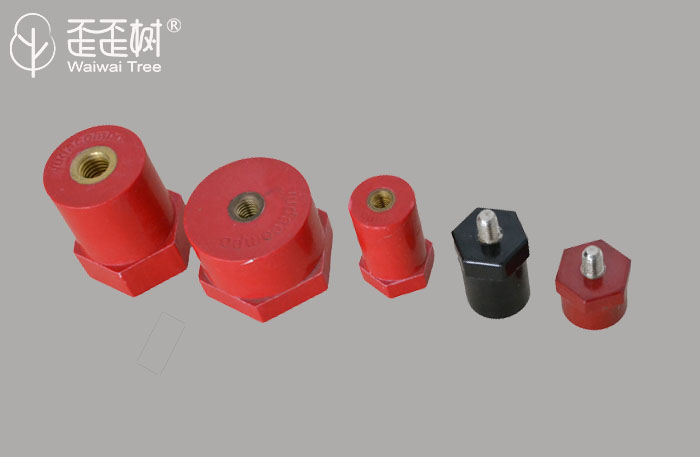
Performance Advantages of BMC Washing Machine
High Strength and Impact Resistance
The glass fibers in BMC are evenly distributed internally, enhancing the structural strength and toughness. During the operation of the washing machine, internal components must withstand the impact and vibrations caused by high rotation speeds. Components made from BMC can maintain long-lasting structural stability, making them less prone to cracks or deformation.
Excellent Electrical Insulation
BMC has excellent insulation properties and resistance to electric arcs, making it particularly suitable for parts in close contact with electrical components such as motors and control modules. This effectively prevents short circuits or electric leakage, thus improving the overall safety of the machine.
Strong Water and Corrosion Resistance
Washing machines operate in humid environments, with internal components often exposed to water, detergents, and fabric softeners. BMC material is highly resistant to corrosion, allowing them to maintain stable performance over time without rusting, swelling, or degradation.
Good Noise Reduction and Sound Insulation
Compared to traditional metal materials, BMC has significant advantages in vibration reduction and sound insulation. Washing machines with BMC components operate more quietly, improving the user experience, especially in modern homes with high demands for quiet environments.
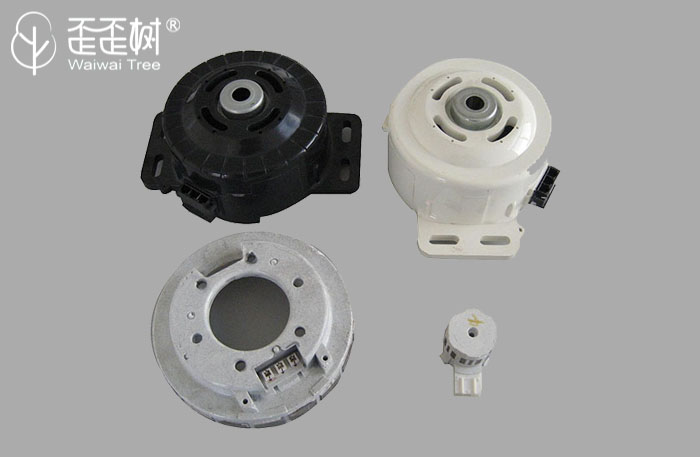
Applications of BMC Material
Motor End Cap: Bearing the operational load and maintaining stator positioning. BMC material effectively reduces vibration and the effects of thermal expansion.
Pump Casing: In long-term contact with water and detergents, BMC material offers corrosion resistance and water impermeability, enhancing sealing and durability.
Clutch Housing: High strength and wear resistance ensure long-term stable operation of the transmission structure.
External Components and Internal Brackets: Injection molding of complex structures in one piece improves manufacturing efficiency and product aesthetics.
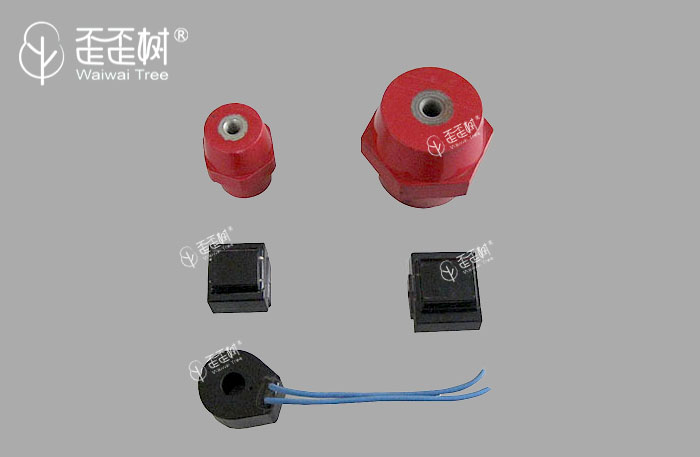
Future Development and Technology Trends
Driven by "dual carbon" policies and the trend toward green manufacturing, BMC material is also developing towards low VOC emissions, recyclability, and biobased resin modifications. In the future, BMC washing machine will not only continue to optimize structural reliability but also expand their potential in environmental protection, safety, and intelligent integration.
BMC washing machine from the bmc molding manufacturer represents not just the application of advanced materials but also reflects the overall trend in the appliance manufacturing industry towards "high performance, long lifespan, and environmental friendliness". With its comprehensive performance advantages, BMC will play an even more critical role in the design of future washing machine products.


 English
English 日本語
日本語 français
français Deutsch
Deutsch Español
Español italiano
italiano русский
русский العربية
العربية tiếng việt
tiếng việt Polska
Polska română
română






